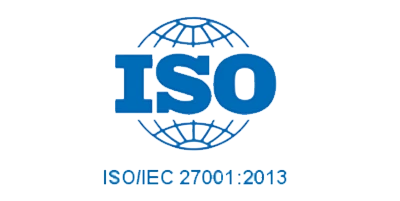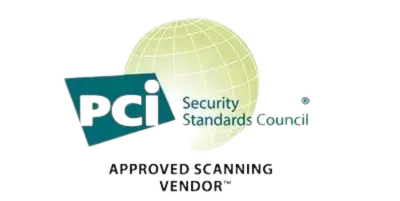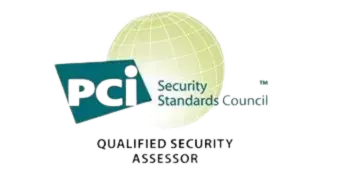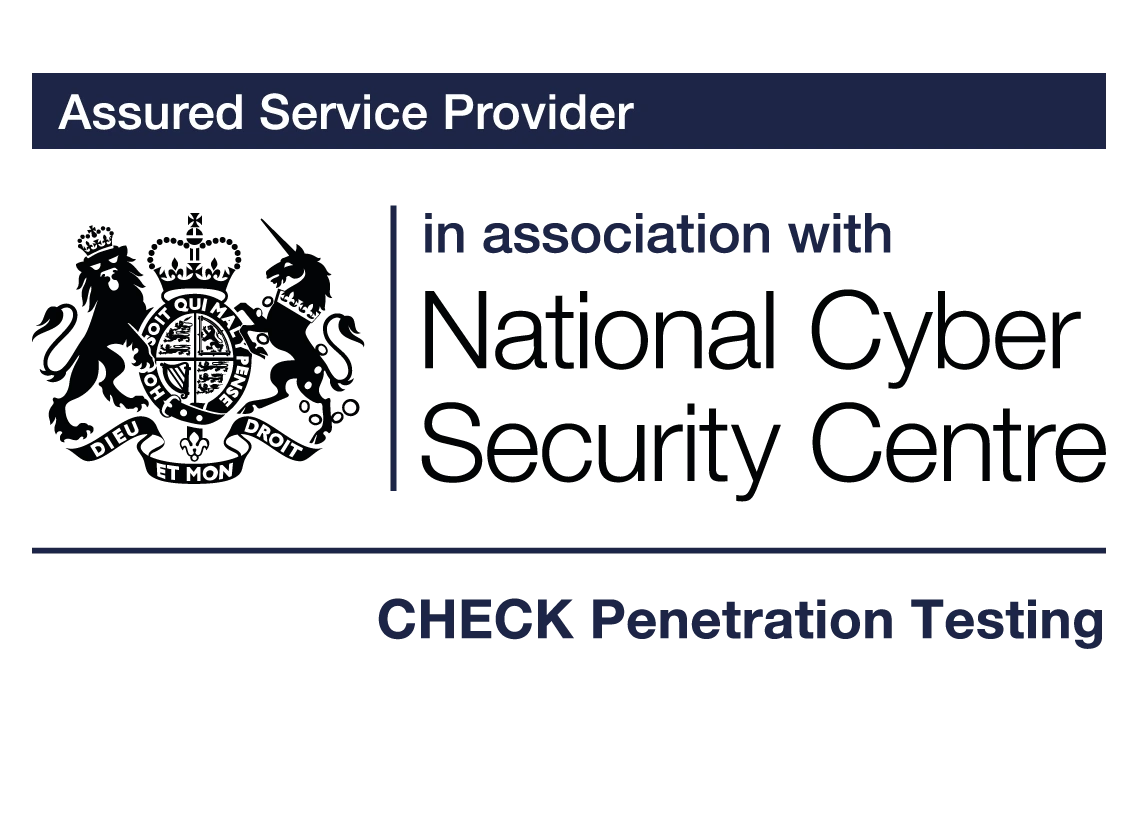Cyber Assurance: Fortifying Trust in a Digital Age

As a IASME accredited Cyber Assurance auditing firm, ProCheckup is certified to guide entities through the rigorous process of attaining Cyber Assurance Level Two certification. Our expert consultants provide comprehensive evaluations to ensure your organisation not only meets but exceeds the demanding criteria set forth by the Cyber Assurance framework, demonstrating your commitment to a robust cyber defence.
Introduction:
The Cyber Assurance standard was created as a flexible and affordable standard, to provide assurance that an organisation has put in place a comprehensive set of measures for cyber security, privacy, and data protection. The Cyber Assurance certification validates an organisation's commitment to safeguarding its digital assets and sensitive information, encapsulating GDPR requirements and other industry-specific regulations.
Holding a Cyber Assurance certification offers multifaceted benefits:
- Enhanced Credibility: It serves as a powerful trust signal to clients, partners, and regulatory bodies, demonstrating a serious approach to managing cyber risks.
- Improved Security Posture: The certification process helps to identify and rectify vulnerabilities, thereby strengthening the organization's defense against cyber threats.
- Market Differentiation: Particularly for SMEs, Cyber Assurance certification can distinguish a business from its competitors, offering a clear advantage in the marketplace.
Testimonials and Success Stories

Industry Acceptance and Value
The Cyber Assurance standard has gained widespread acceptance across numerous sectors, recognized by the UK Ministry of Justice and international entities as a viable alternative to more costly international standards. It empowers SMEs within supply chains, offering a cost-effective solution to demonstrate compliance and security competence.
Defining Cyber Assurance:
Cyber Assurance is a security certification standard that assures stakeholders of an organisation's dedication to implementing critical cyber security measures. It encompasses a spectrum of practices from incident management and asset protection to employee training and physical security measures, all while ensuring compliance with GDPR.
Cyber Assurance Certification Levels
The Cyber Assurance certification framework is tiered into two distinct levels:
Level One Verified Assessment
Organisations embarking on the path to Cyber Assurance begin with a Level One Verified Assessment. This self-assessment is designed to be accessible and manageable for businesses of all sizes. It acts as a diagnostic tool to identify strengths and potential areas for improvement in their cyber security posture.
- Process and Expectations: Access to a secure online portal is granted, where organisations are expected to provide responses to a comprehensive questionnaire that covers various aspects of cyber security relevant to their operations.
Support and Resources: A suite of guidance documents and support materials is provided, ensuring that organizations can approach the assessment with clarity and understanding.
Level Two Audited Certification: The Advanced Commitment
After successful verification at Level One, organisations can proceed to the more demanding Level Two Audited Certification. This stage is pivotal as it involves external scrutiny and validation of the cyber security measures in place.
- Audit Preparation: Organisations need to compile documentation and evidence of their cyber security practices, policies, and procedures.
- Audit Execution: A thorough examination is conducted by a certified auditor, encompassing interviews, system tests, and review of practices against the Cyber Assurance standards.
- Audit Outcome: Successful completion results in the award of the Cyber Assurance Level Two Certification, a testament to an organization’s commitment to superior cyber security standards.
The Journey to Cyber Assurance Certification

- Prerequisites: Begin by securing a Cyber Essentials certificate to establish a baseline of cyber security.
Level One Assessment: Engage with a secure portal to complete a self-assessment questionnaire, tailored to organizational size and complexity. - Level Two Audit: After obtaining Level One certification, collaborate with a certified assessor for an in-depth evaluation and validation of cyber security practices.
- The Scope of Cyber Assurance: Cyber Assurance spans 13 themes clustered into five critical areas of control:

- Maintaining Certification: The Journey Continues: Cyber Assurance is not a one-time milestone but a continuous journey.
- Annual Reviews: Organizations must undergo regular reviews to ensure ongoing compliance with the certification's rigorous standards.
- Continuous Improvement: The Cyber Assurance framework encourages organizations to stay ahead of the curve by constantly updating and improving their cyber security measures.
Conclusion
The comprehensive Cyber Assurance certification equips organisations to not only meet statutory requirements but to also establish a robust cyber security culture. This forward-thinking approach prepares businesses to face the challenges of an increasingly complex digital landscape.
For More Information Please Contact Us

ACCREDITATIONS






